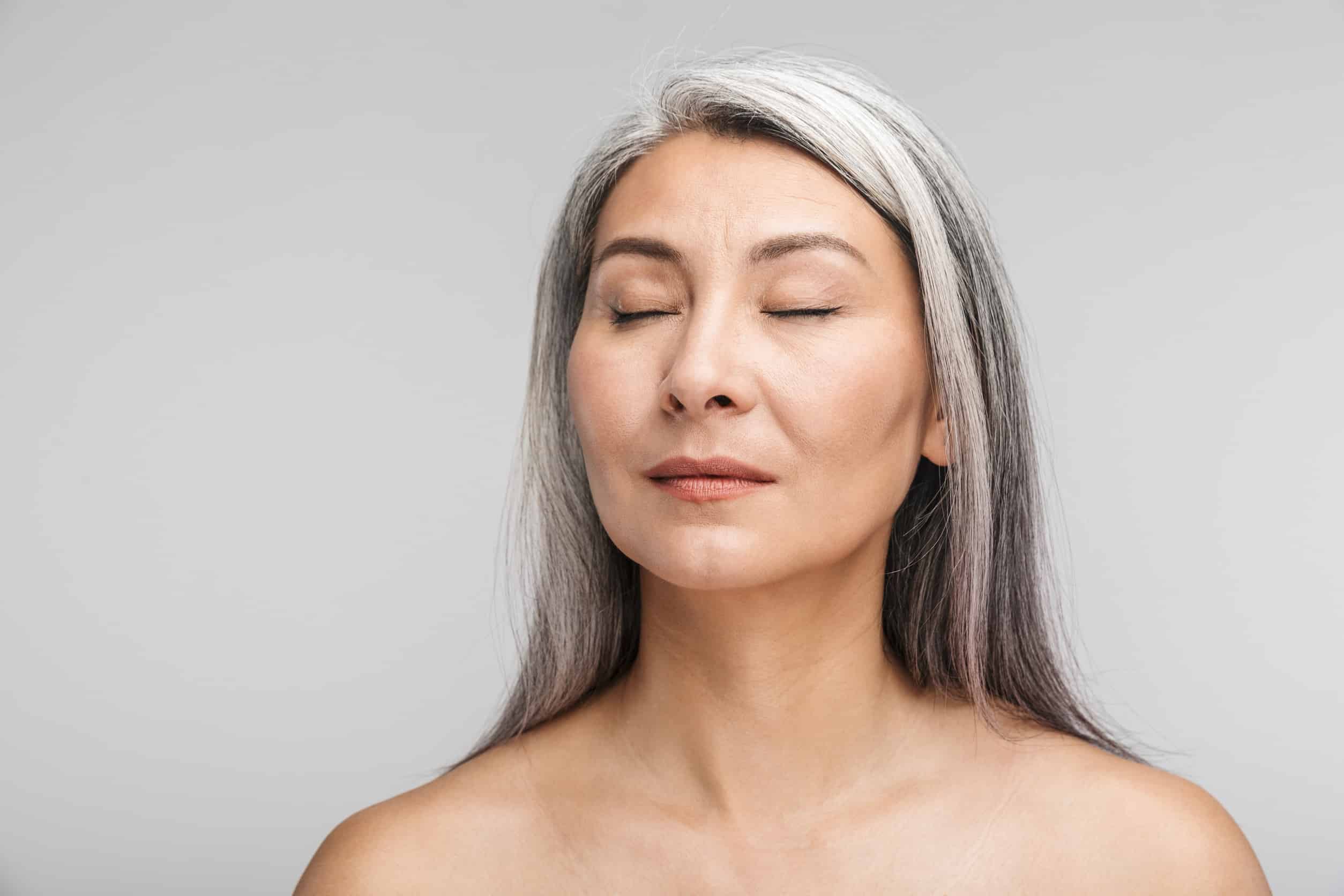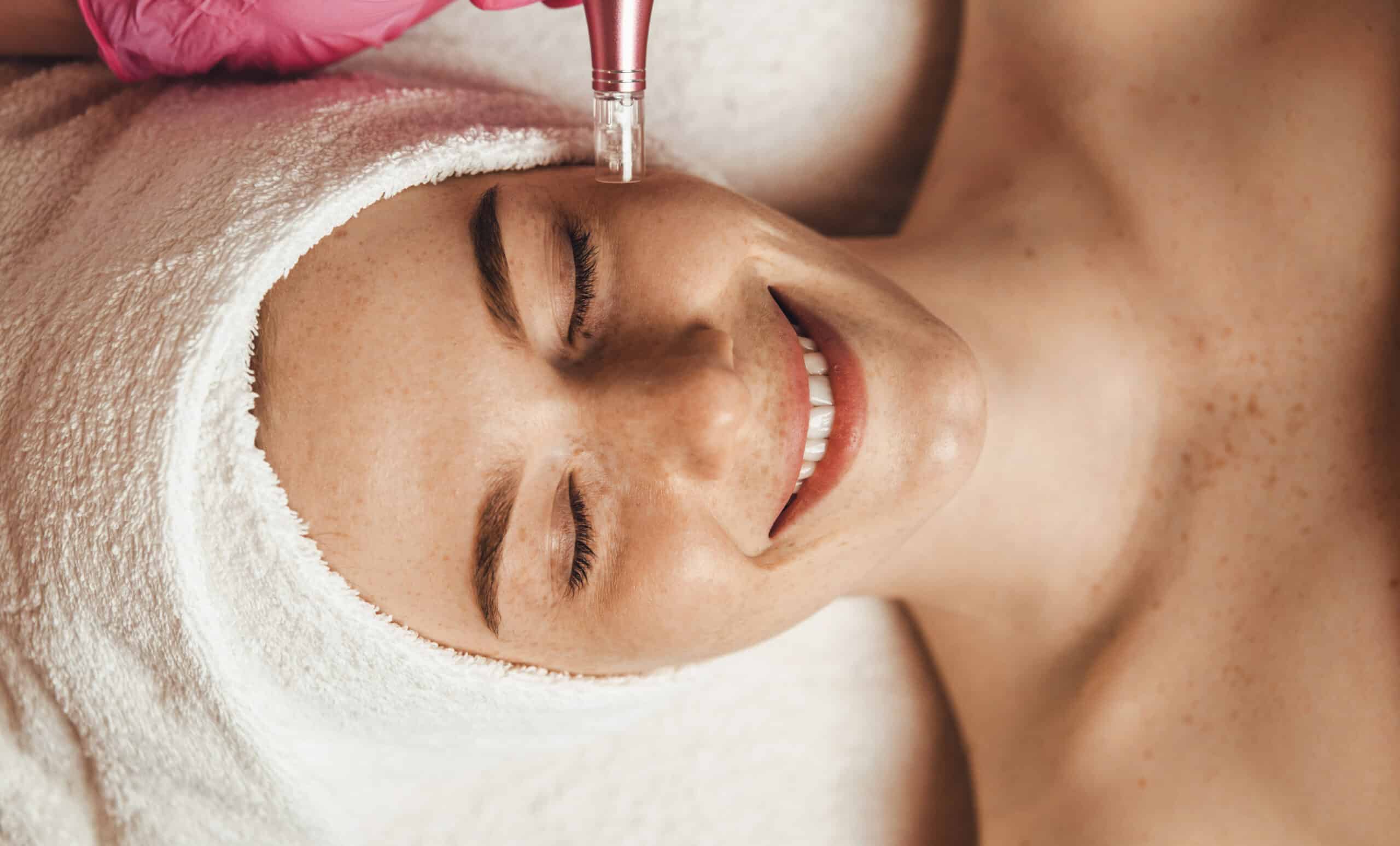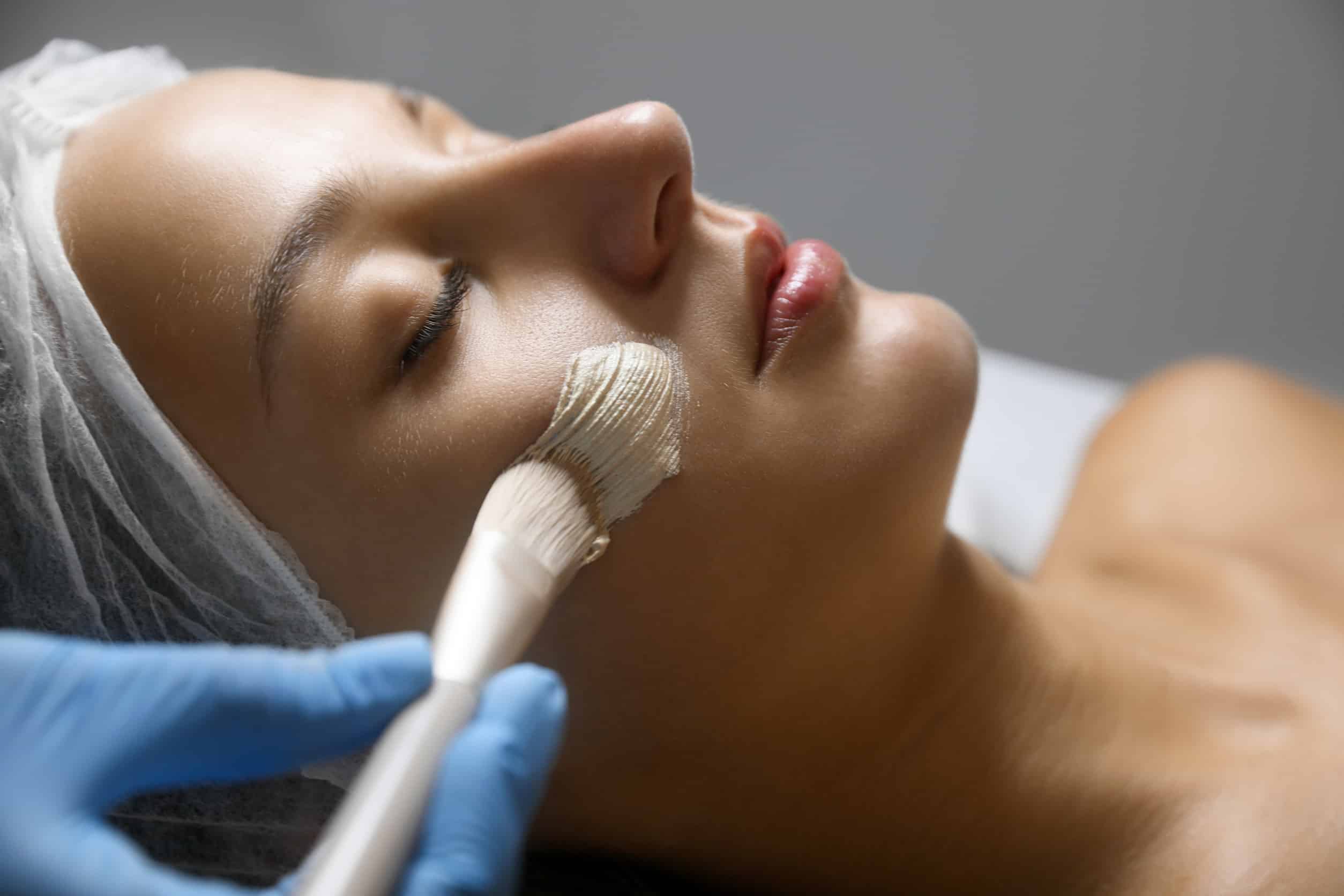Kansas City is warming up, and our staff and patients are raving about the weather! With more time spent in the sun, let’s talk about sunscreen. We appreciate the concern for sunscreen this season, but sunscreen should actually be worn ALL YEAR LONG! We’ve found that there is a lot of misperception about SPF, so we wanted to break down a few key takeaways.
1. How the sun affects your skin
Sunlight travels to Earth as both visible and invisible rays, or waves. Most sunscreens protect against 2 of these rays: UVB and UVA rays. UVB rays are responsible for sunburns, while UVA rays can travel deeper into the skin and affect skin health. When UVA rays enter the skin cells, they affect skin’s growth and appearance.
Sun exposure damages skin cells, which speeds the aging process. UV rays can make the skin less elastic, or skin may become thickened, wrinkled, or crepey. Cancer prevention expert, Dr. Barnett S Kramer, explains that “the more sun exposure you have, the earlier your skin ages.”
The skin has a self-repairing process after too much sun exposure, but as you age, it becomes harder for your skin to repair. Sun exposure leads to aging, but more importantly, too much sun can also raise your risk for skin cancer. When UV light enters the skin, it can harm the DNA within. This damage can cause cells to rapidly grow and divide, leading to clumps of extra cells called a tumor, or lesion.
2. You need sunscreen all year (no matter the weather)
Sunscreens should be worn daily, regardless of the weather. Cloudy days are just as harmful as sunny ones. Clouds do not block all of the sun’s rays, in fact, some clouds will actually reflect the rays, increasing your chances of a sunburn.
Sunscreen should also be applied regardless of activities planned. Most of us remember sunscreen when we go lay by the pool, but studies show that we actually get the majority of sun exposure when we drive in the car or walk casually outside.
3. The difference between chemical and physical sunscreens
Chemical sunscreens work like a sponge, absorbing the sun’s rays. They contain one or more of the following active ingredients: oxybenzone, avobenzone, octisalate, octocrylene, homosalate, and octinoxate. These formulations tend to be easier to rub into the skin without leaving a white residue.
Physical sunscreens work like a shield sitting on the surface of your skin and deflecting the sun’s rays. They contain the active ingredients of zinc oxide and/or titanium dioxide. Physical sunscreens are usually best for sensitive skin types.
4. Apply a broad-spectrum sunscreen with an SPF of at least 30
Dermatologists recommend using a sunscreen with an SPF of at least 30, which blocks 97 percent of the sun’s UVB rays. Higher number SPFs block slightly more of the sun’s UVB rays, but no sunscreen can block 100 percent of the sun’s UVB rays.
It is also important to remember that high-number SPFs last the same amount of time as low-number SPFs. A high-number SPF does not allow you to spend additional time outdoors without reapplication. Sunscreens should be reapplied approximately every two hours when outdoors, even on cloudy days, and after swimming or sweating, according to the directions on the bottle.
5. How much sunscreen to use and how to apply
- Most people only apply 25-50% of the recommended amount of sunscreen.
- Apply enough sunscreen to cover all skin that clothing will not cover. Most adults need about 1 ounce — or enough to fill a shot glass — to fully cover their body.
- Don’t forget to apply to the tops of your feet, your neck, your ears and the top of your head.
- Apply sunscreen to dry skin 15 minutes before going outdoors.
- Skin cancer also can form on the lips. To protect your lips, apply a lip balm or lipstick that contains sunscreen with an SPF of 30 or higher.
- When outdoors, reapply sunscreen approximately every two hours, or after swimming or sweating, according to the directions on the bottle.
SPF is 25% off this month at Healthylooks Medspa
We encourage patients to stock up this month during our SPF sale! Our sunscreen options protect against UVA and UVB rays and blue light. They are also rich in moisturizers, anti-aging peptides, and powerful antioxidants for healthier, younger-looking skin.




